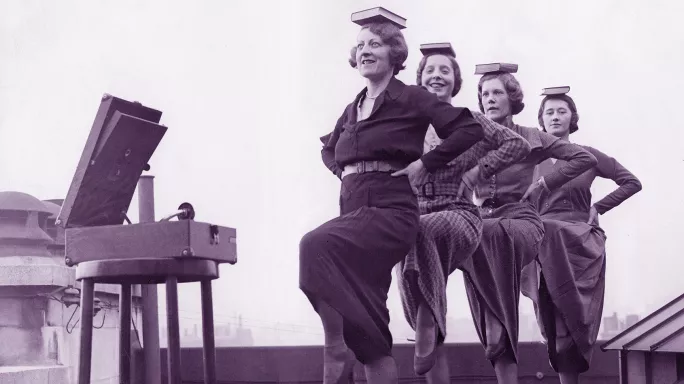In times past, the trusty thesaurus was a classroom staple. A book full of words for other words - what an invention!
As technology has advanced, however, thesauruses have been left to sit in the corner (or, worse, the cupboard), gathering dust.
But they have been making a comeback in my classes this year, and the kids are loving them.
Quick read: ‘Writing is undervalued and under-invested in’
Quick listen: How misbehaviour can be a sign of language disorder
Want to know more? Why inference is key to reading comprehension
There are often huge disparities in children’s knowledge of words, with a wide gap between the “word-rich” and the “word-poor”. Teachers have a duty to address this - it has an impact on all aspects of students’ lives and futures, after all - but that isn’t an easy task when faced with a packed curriculum.
Improving pupils’ vocabulary
Which is where the thesaurus comes in. That book full of words is a great way to help build on students’ vocabularies. Instead of providing them with page-long glossaries of “top words”, try getting your classes to find the words for themselves. Through well-modelled and scaffolded tasks, a thesaurus can morph from a book full of words into an invaluable resource for writing and talking.
What’s more, building a culture of growth around vocabulary brings a huge boost of positivity around learning, because, with a wealth of words, students feel empowered and able to say what they want to, how they want to.
So, how best to bring back the thesaurus to your classroom?
1. Colour-coded composition
Think right-click synonyms, but without the computer. Guided synonym practice is a great way to get students to consider the words they use in their writing and in their speech.
I teach my students how their brains learn new words; the thesaurus only needs to be used after all of the synonyms for a word in their heads are used up. I get my classes to use a different colour pen when they’ve used a word from the thesaurus to help them see how many words they already know (and to allow me to track how they use the resources).
2. Creativity in context
Learning vocabulary in isolation is a non-starter. Students may be able to apply rote-learned vocabulary in isolated cases, but generally they need the opportunity to apply the new words in context. If they don’t, they risk losing them in terms of memory retention, and also using them incorrectly (think of all the times you’ve seen “connotes” pop up in essays).
I like creating a bog standard passage or speech and handing it over to students to spruce up. Again, I’m putting the emphasis on the value of words and showing students how resources such as thesauruses can revolutionise the way they use language.
3. Words’ worth
Focusing on words emphasises to students that they are valuable and important. You can’t force students to become word-rich, but setting time aside to reflect on language and increase self-awareness around their vocabulary can help enormously.
I now have students asking for thesauruses in lessons unprompted; not because I’ve told them they need to improve the sophistication of their responses or their work, but because they are starting to realise the value of words. And when I do my end-of-month vocabulary extravaganza with a list of 100 basic words, quite often students of all abilities are able to attribute a further 500 synonyms.
So, dust off your thesaurus! With a bit of encouragement, your pupils will begin realising the importance of building their vocabulary, and you may be surprised at how much of an impact those little books can have on the outcomes of lessons and learning in your classroom.
Adam Riches is a specialist leader of education and senior leader in teaching and learning






